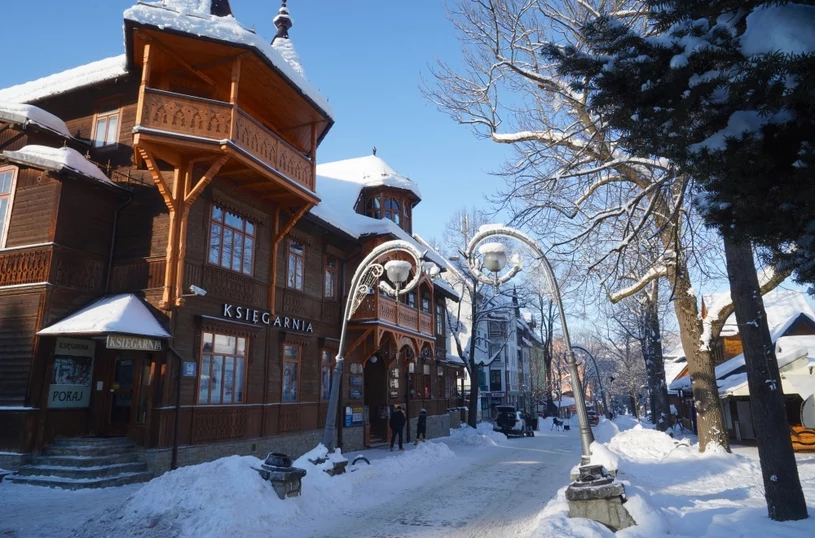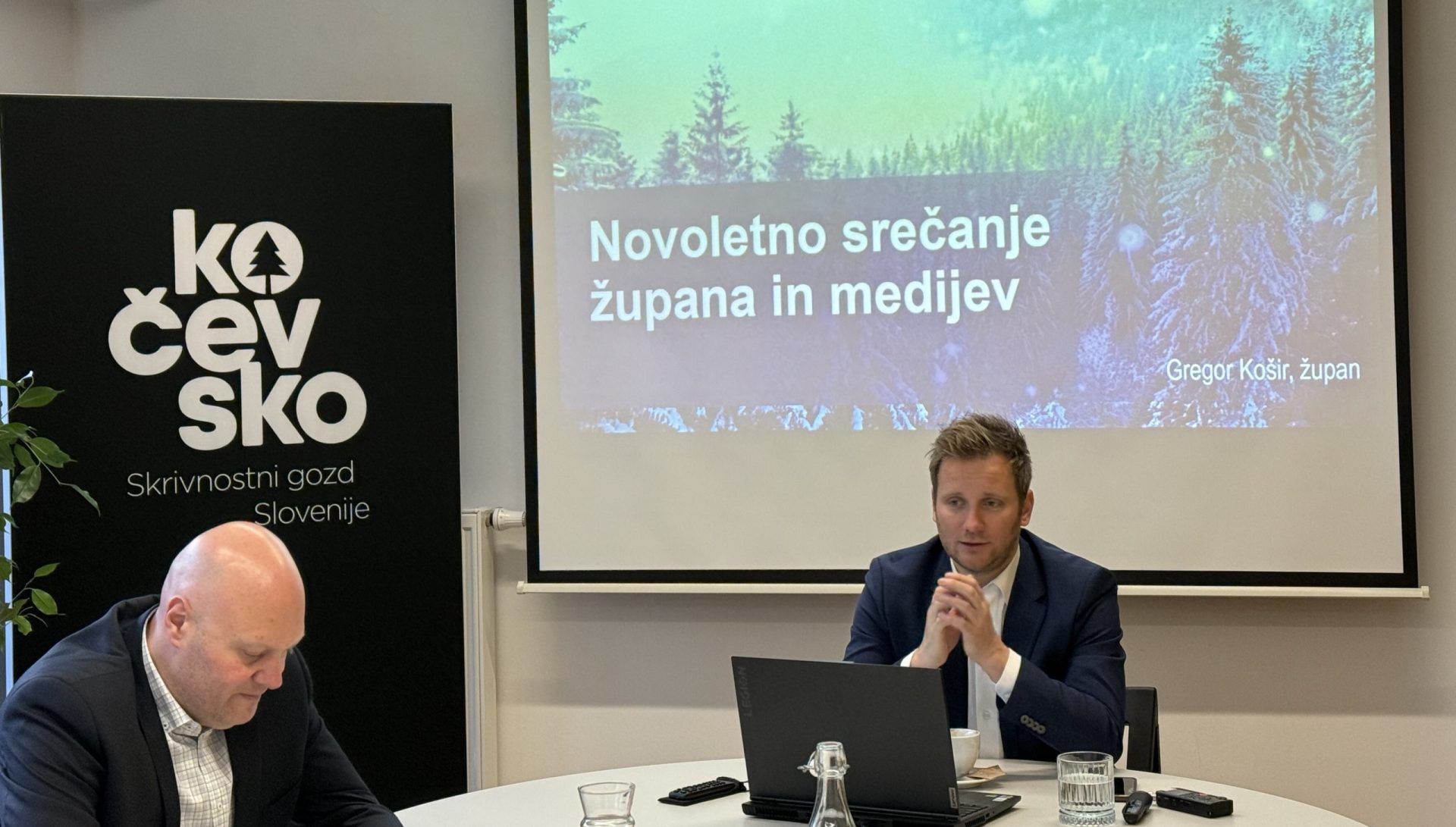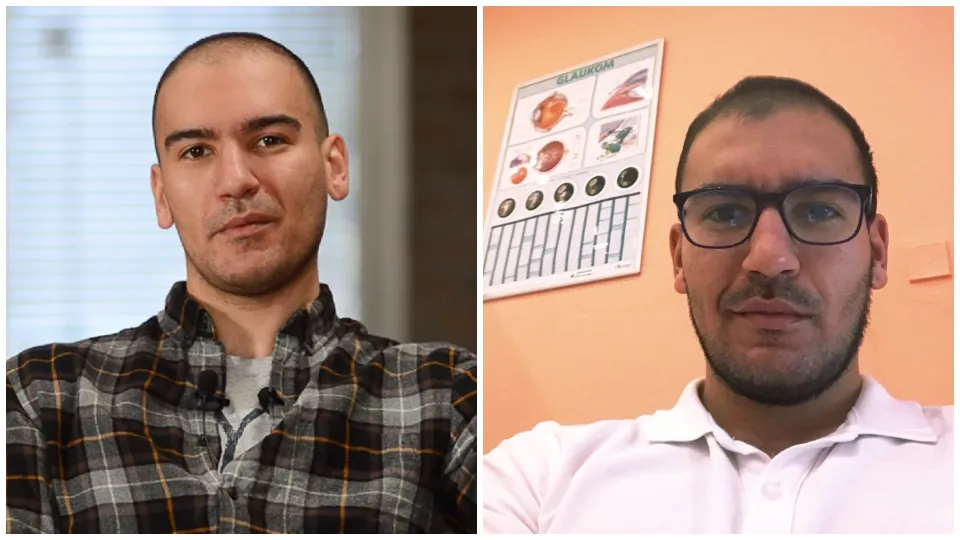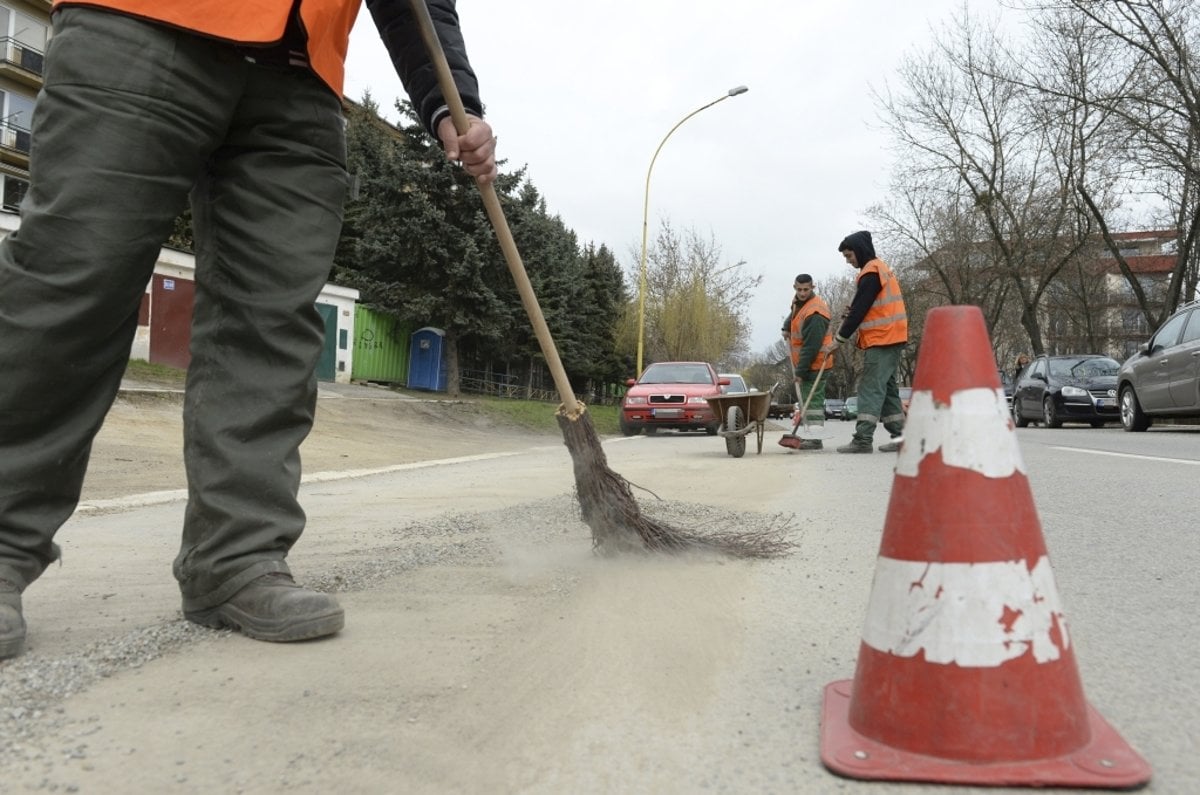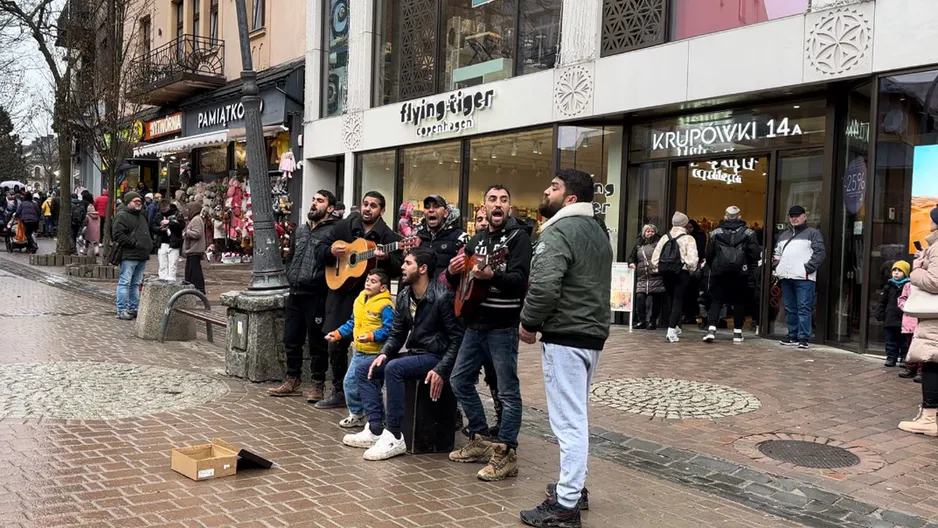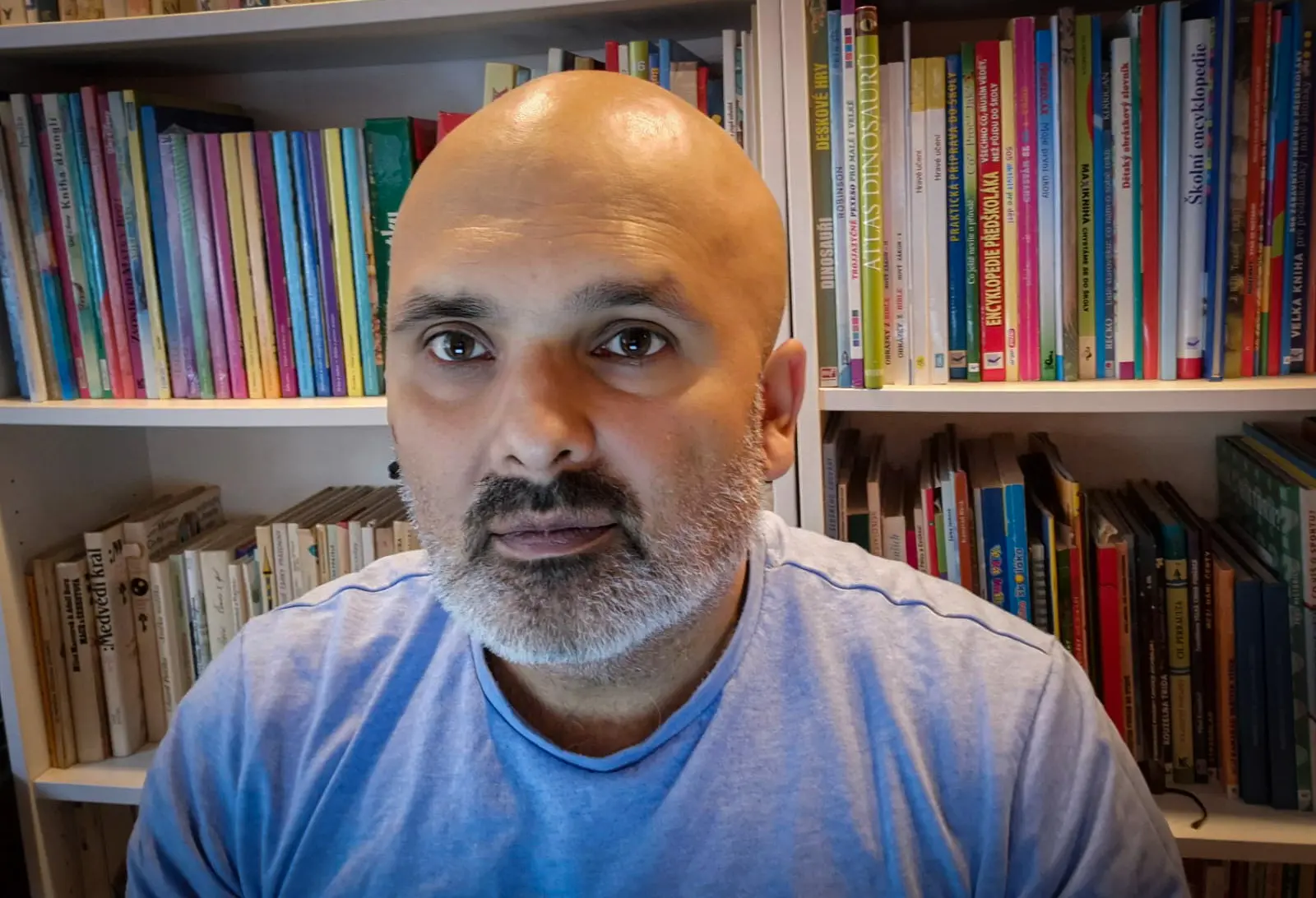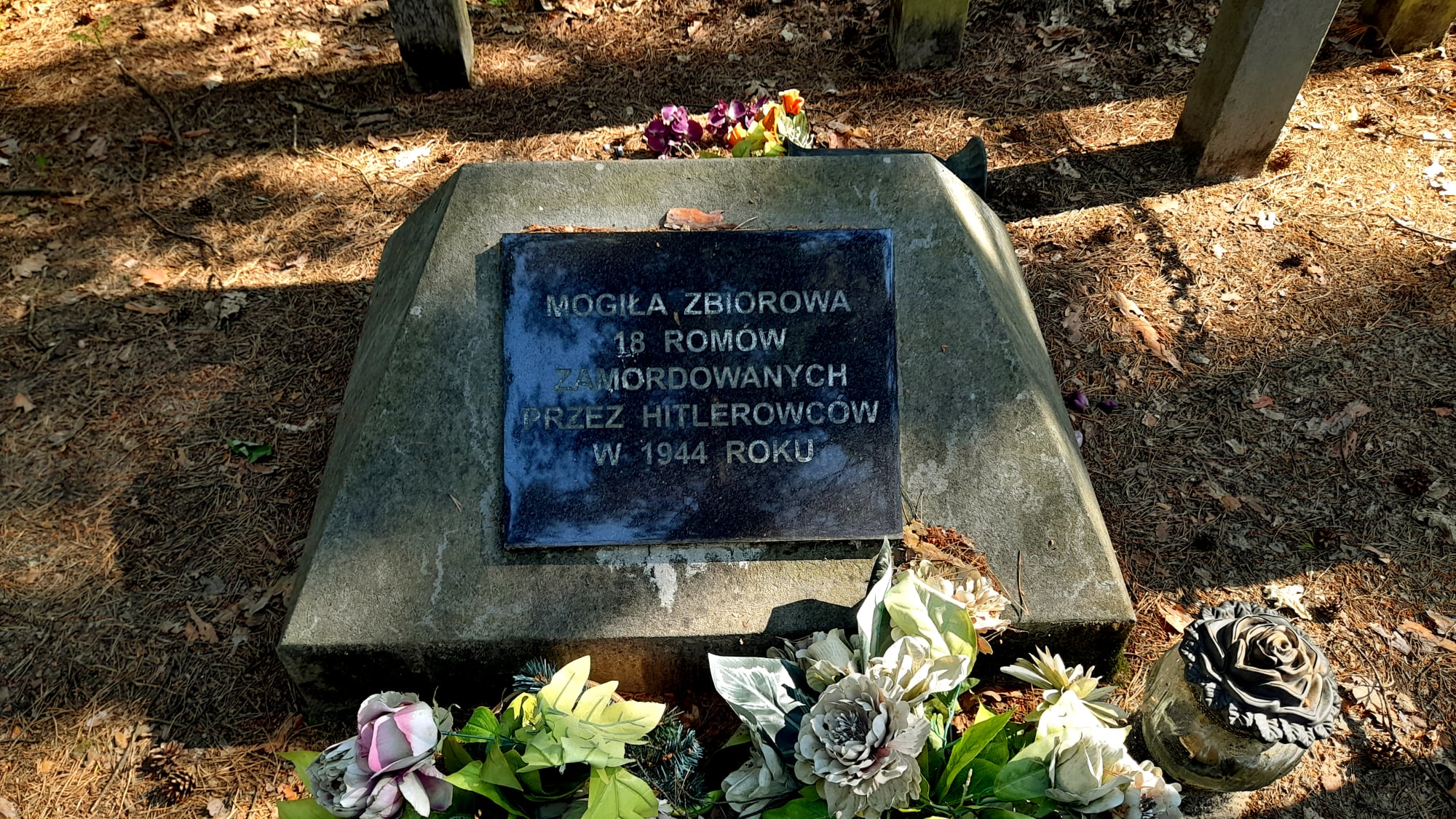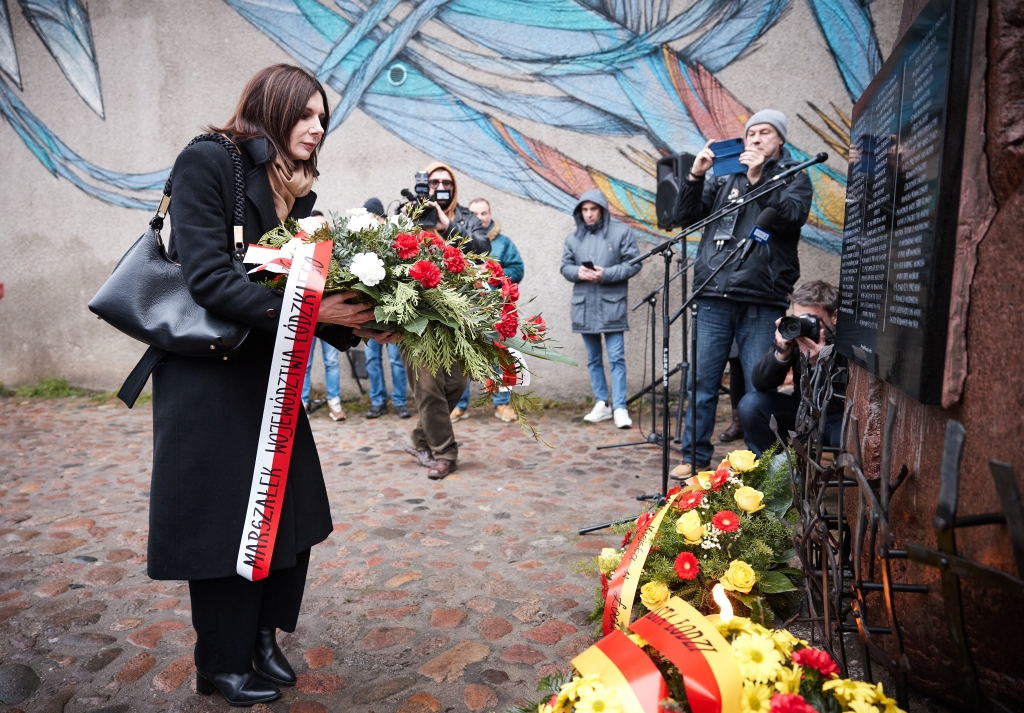On Krupówki, one of the main street in Zakopane, there are apparently more and more Roma bands from Poland but also from neighbouring Slovakia. Music on the street pleases some tourists but apparently bothers the city’s residents. The bands play too loudly and without permits. In order to put an end to this practice, Krupówki is constantly patrolled by the City Guard, and the players. The local city guards are now fining musicians.
- Więcej kapel Romów w Zakopanem, nie mają pozwoleń. “Na widok patrolu uciekają”. In: Interia Bizness. 14.01.2025. https://biznes.interia.pl/gospodarka/news-wiecej-kapel-romow-w-zakopanem-nie-maja-pozwolen-na-widok-pa,nId,7892145#google_vignette
- Więcej kapel Romów w Zakopanem, nie mają pozwoleń. “Na widok patrolu uciekają”. In: MSN. 15.01.2025. https://www.msn.com/pl-pl/finanse/najpopularniejsze-artykuly/więcej-kapel-romów-w-zakopanem-nie-mają-pozwoleń-na-widok-patrolu-uciekają/ar-BB1rr8iR
